Nigerian authorities have enforced a sweeping crackdown of “end Sars” protesters against police brutality in recent weeks, charging prominent supporters of financing terrorism and sanctioning coverage of recent abuses by security forces.
Authorities have suspended the bank accounts of prominent supporters, fined media agencies accused of “exaggerated reporting” of police abuses – including broadcasting graphic footage of soldiers gunning down protesters in Lagos last month – and conducted arrests of demonstrators.
Nigerian authorities appear to have used coercive financial measures to suppress protests against police brutality and independent media reporting, Human Rights Watch said in a report today.
Twenty individuals and entities, judged as prominent supporters of “end Sars” protests against the since-disbanded, infamously brutal Special Anti-Robbery Squad, have had their accounts suspended by Nigerian banks, preventing them from receiving funds. On 4 November, the Central Bank of Nigeria obtained a court order authorising it to block the accounts for 90 days.
Those targeted had been raising or received money in support of protests that had erupted across Nigeria last month, providing medical and legal aid for injured and arrested demonstrators, grants for journalists to cover police and army abuses at the protests, and help to families of those killed during the demonstrations.
Yet lawyers for Nigeria’s Central Bank argued in court this week that the account holders were involved in “suspected terrorism financing”.
Among the accounts suspended was Gatefield, a public policy organisation which had offered financial assistance to journalists covering the demonstrations, its founder, Adewunmi Emoruwa, said. “We were providing financial and technical support to independent journalists and media organisations to report on police brutality and to document the protests. But then the government restricted Gatefield’s account through a back channel instruction to Access Bank. I believe the idea is to create a media blackout in a bid to cover up the various atrocities committed by the state against the peaceful protesters,” he said.
In late October, Nigeria’s media regulator, the national broadcasting commission, fined three of the country’s prominent news agencies, for broadcasting social media footage of the shootings in Lekki by soldiers which drew condemnation around the world.
The fight to ‘EndSars’ in Nigeria
Read more
Nigeria’s army and government officials have since said footage from the scene was manipulated, and Buhari’s government have vowed to regulate social media in the wake of the shootings. At least 12 people died at Lekki and at another shooting elsewhere in the city by security forces according to Amnesty International.
Emoruwa said: “From the threats to journalists and media organisations, and the various attempts to pass a social media gag legislation there is a valid concern about the state of democracy in Nigeria.”
Since the killings, government officials have both vowed to investigate them and discredited any accounts that abuses had taken place. Several eyewitnesses have said they saw soldiers carting dead bodies away from the scene. Nigeria’s army, which initially denied they were present, have claimed they only shot blank rounds, despite dozens of protesters treated for gunshot wounds in nearby hospitals. Last week Nigeria’s attorney general, Abubakar Malami, told journalists that “hoodlums in army uniform” could have been behind the shootings.
Growing arrests against protesters in recent weeks have also caused alarm. Last week, several police officers suddenly surrounded Onomene Adene, whose brother was organising fresh protests. An officer purported to be a member of her church delivering a package, she told Nigerian broadcaster, Channels TV, before several officers appeared demanding to be taken to her brother, Eromosele. He was arrested without charge, she said, before being taken to the capital Abuja.
Tola Onayemi, a lawyer who helped to provide the family legal representation, said a range of state agencies were now clamping down on citizens rights. “Eromosele put out a poster talking about the protests and the response was to basically arrest him and move him to Abuja,” he said.
Onayemi helped organise a network of almost 800 lawyers around the country to provide free legal support to protesters and victims of police abuses. He said 253 people were arrested during last weekend. “It is incredibly worrying. The protest requests are very simple, stop police brutality, preserve our lives, but the response has been telling. There’s been more effort put into trying to end the protests than dealing with police brutality in the country.”
Six people, including journalists, were among others arrested on Friday at a protest in Abuja, sparking wider outcry.
In recent weeks waves of graphic footage showing police and army officers shooting and abusing protesters and civilians have fuelled further dismay in Nigeria that the largest protest movement in decades – widely seen as a symbol of hope and change from younger generations – has met violence and suppression.
After curfews were adopted in October to quell demonstrations, outbreaks of attacks by armed groups spiralled around the country, destroying government buildings, police stations and looting. Protesters decried the violence as being unrelated to the demonstrations yet government officials consider them linked to the “end Sars” protests.
Black lives matter everywhere. That’s why the world should support the #EndSARS movement | Chibundu Onuzo
Read more
While protests have since waned from last month, the creation of a new unit, the special weapons and tactics force, and failure to commit to the prosecution of Sars officers has fuelled anger.
Several states across the country set up judicial panels to investigate Sars abuses, following orders from President Muhammadu Buhari’s government. Yet a history of judicial panels in Nigeria leading to no accountability by abusive officers has deepened cynicism. Last year a presidential panel recommended 23 Sars officers be prosecuted for abuses, but the recommendation has not been implemented.
In Lagos, representatives of the protest movement chosen to attend the judicial panel have had their bank accounts suspended, and have since boycotted the proceedings. Nigeria’s military has rebuffed the panels attempts to investigate them or invite them to hearings.


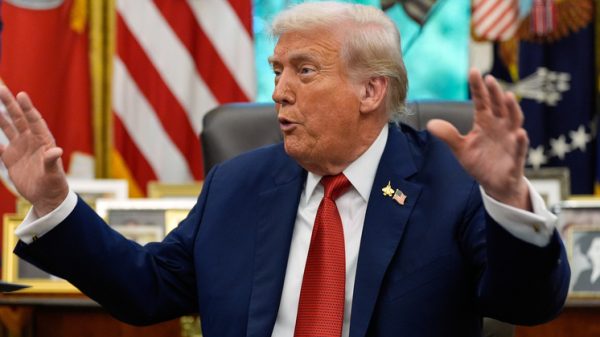




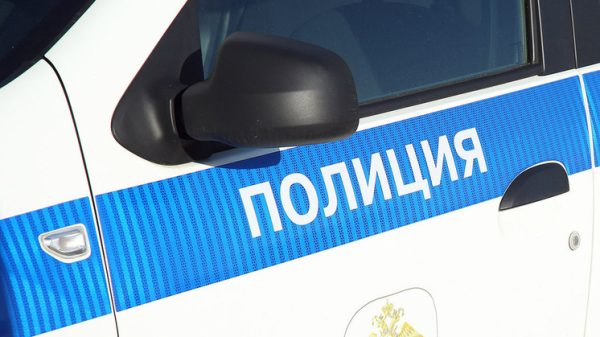
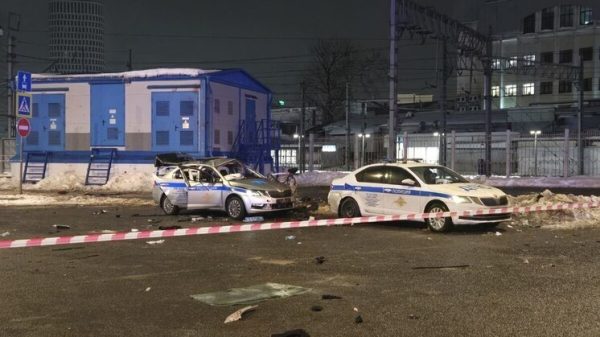



























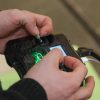
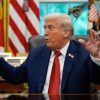














Свежие комментарии